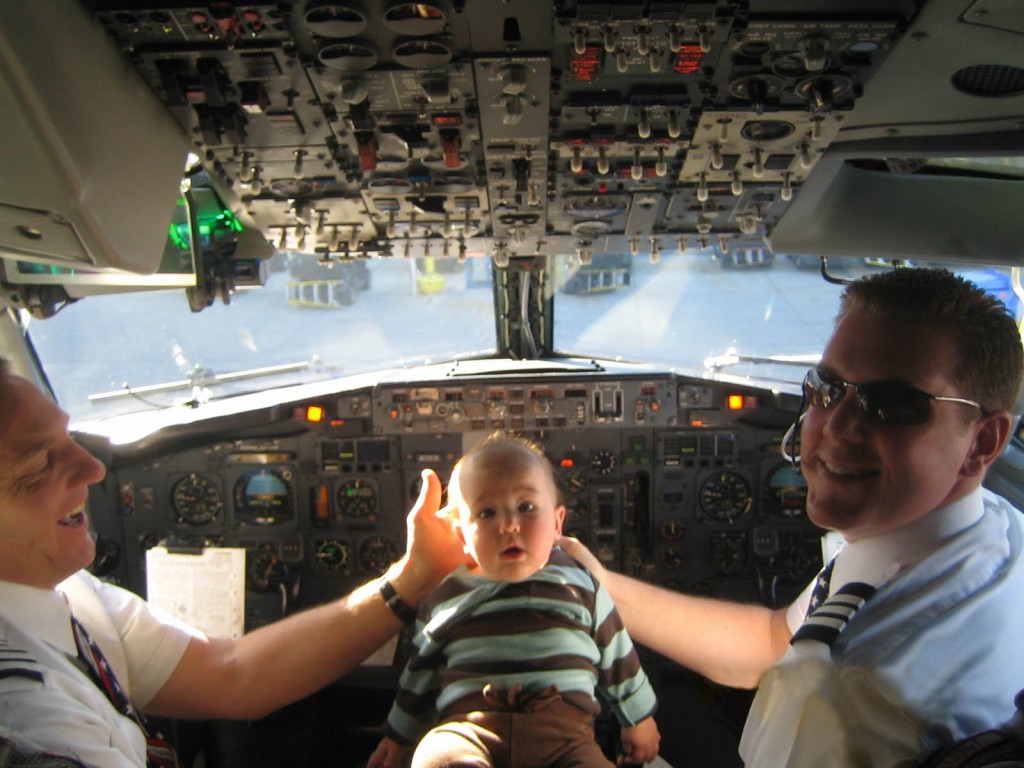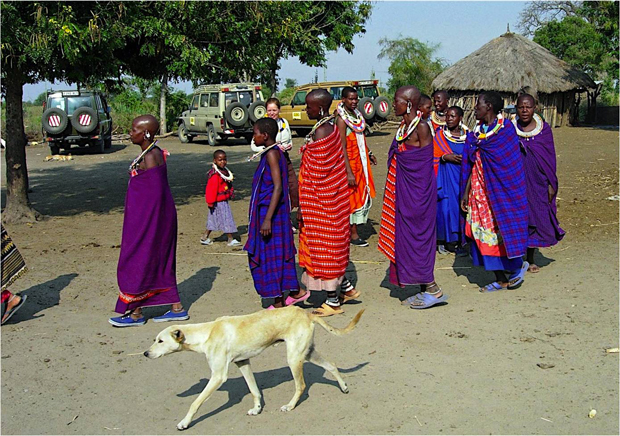TEL 1-844 303-1900


Children

Parents and caregivers should take special care when traveling with young children and infants. Anticipating potential problems, (with their solutions), and proper vaccinations are the key to keeping them safe and healthy.
Doses of malaria tablets and other medications are usually lower than for adults. Anticipate the need for some extra doses in case of vomiting after a dose. Special seating arrangements in planes can often be arranged if advance notice is given. Prepare for possible travel sickness. Boredom during travel can be relieved by books or toys. Ear pain during flights can often be prevented by having the child swallow every few minutes during the ascent and descent of the aircraft. Anticipate the decent well in advance. Most parents start preventing or dealing with ear pain too late as they did not realize the plane had been descending for quite some time.

Vaccinations are of utmost importance and schedules can differ for children. Try to get children vaccinated well in advance as it may take time to develop immunity and often it is not practically possible to vaccinate young children with multiple needles on the same day and so more than one visit to the GTA travel clinic may be necessary.
Food and water are frequent sources of intestinal infections in children. If your child has vomiting or diarrhea, dehydration can ensue rapidly due to the relatively smaller size of the child. Lost fluids and salts must be replaced. It may be helpful to take oral rehydration salts in the form of tablets or powders for reconstituting with boiled or bottled water. These can be purchased from the local pharmacy.
Sun Exposure. Children's skin burns far quicker after sun exposure than adults. Take sensible clothing. Light colors, light materials, loosely covering the arms and legs are best. Choose sun screens with a high SPF (sun protection factor). Avoid exposure to 'mid-day' sun, typically between the hours of 11 am and 3 pm.
Animals. Unfortunately Rabies affects children far more than adults when it comes to travel related cases of Rabies. Keep children well away from animals and seek medical advice without delay if any child suffers a bite or scratch from an animal.

